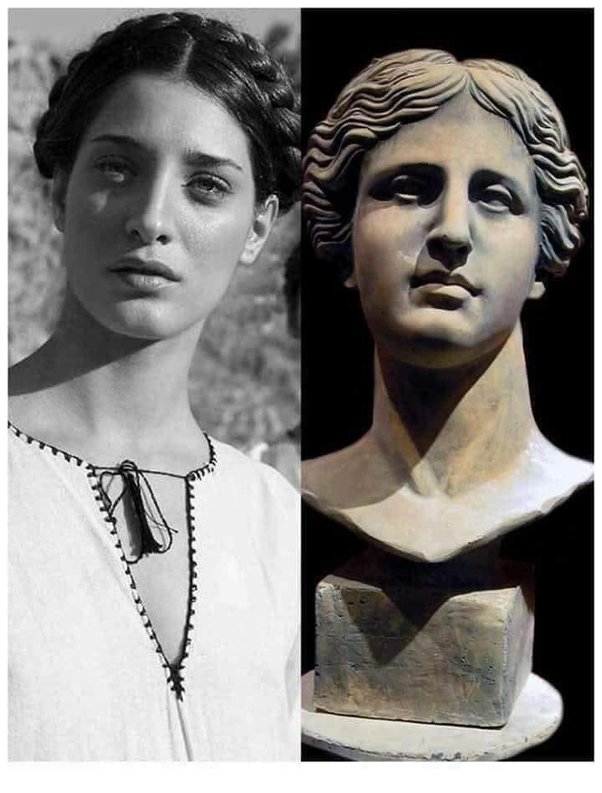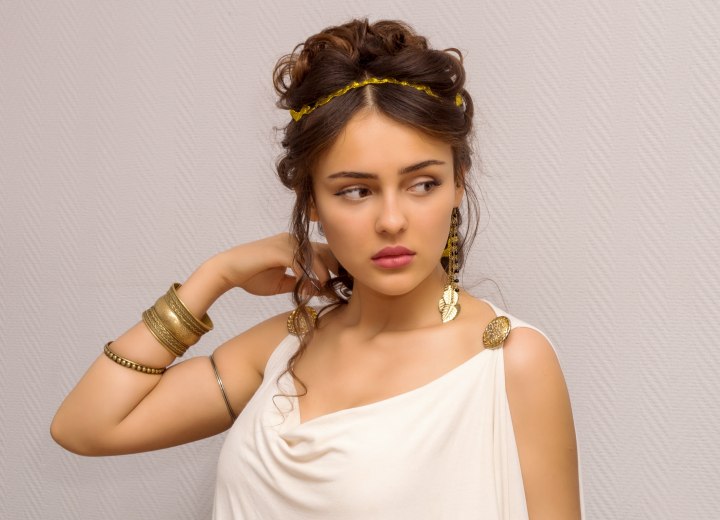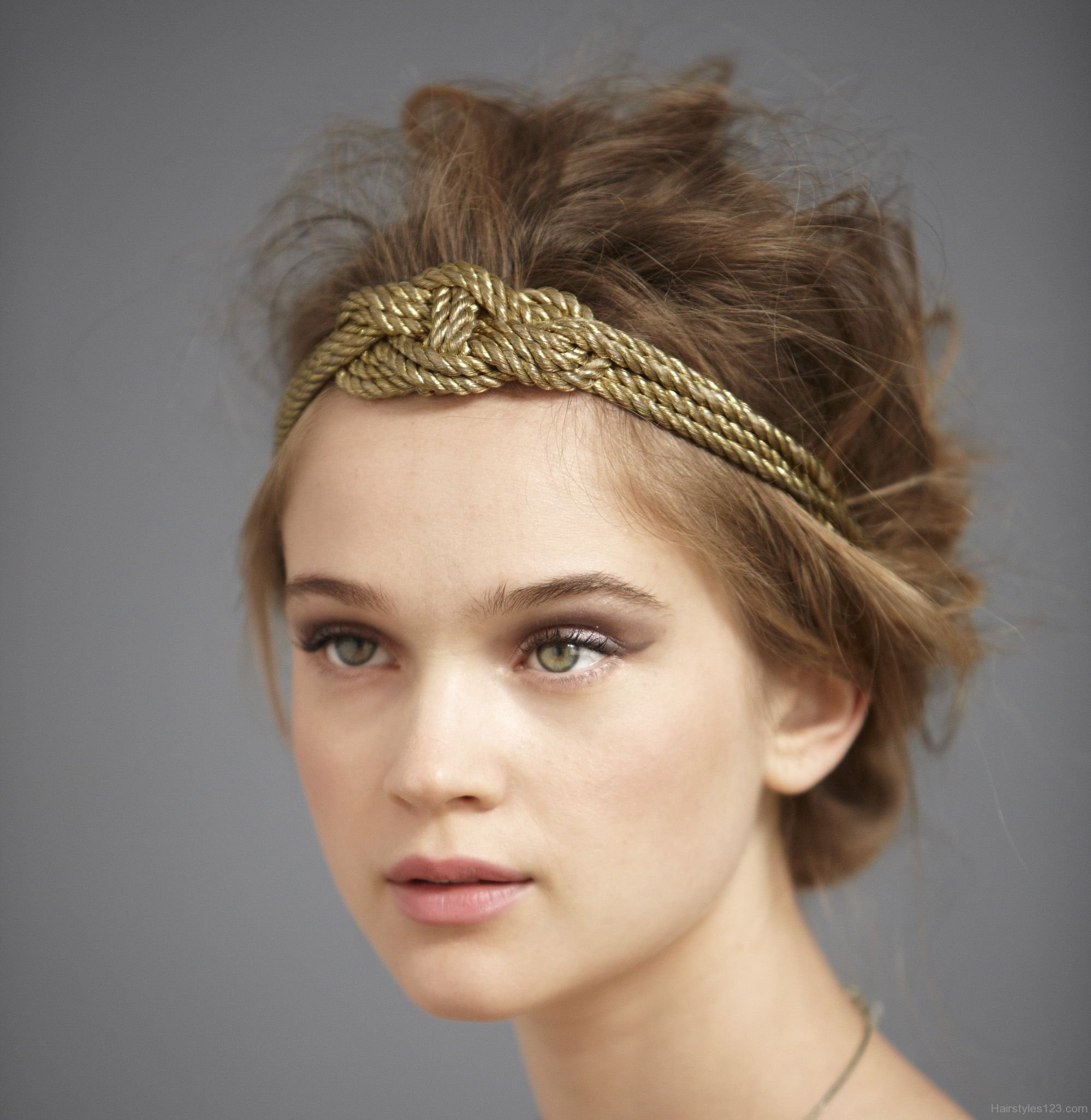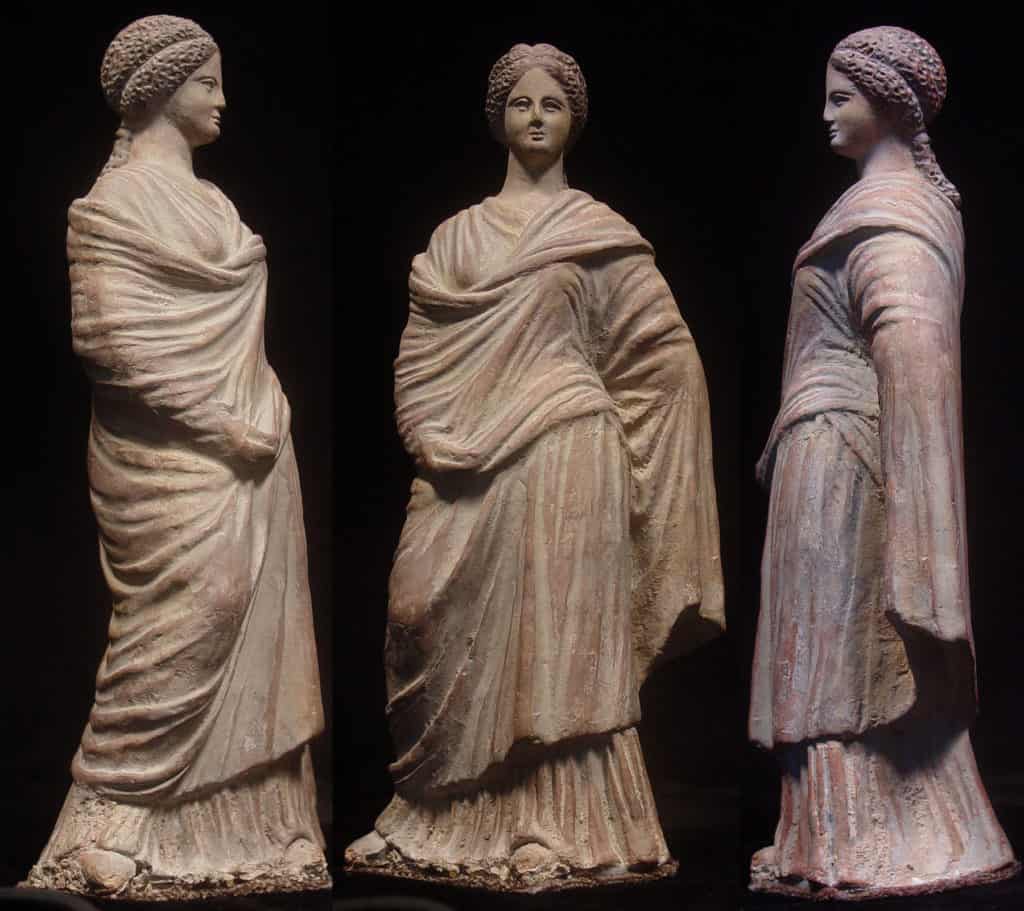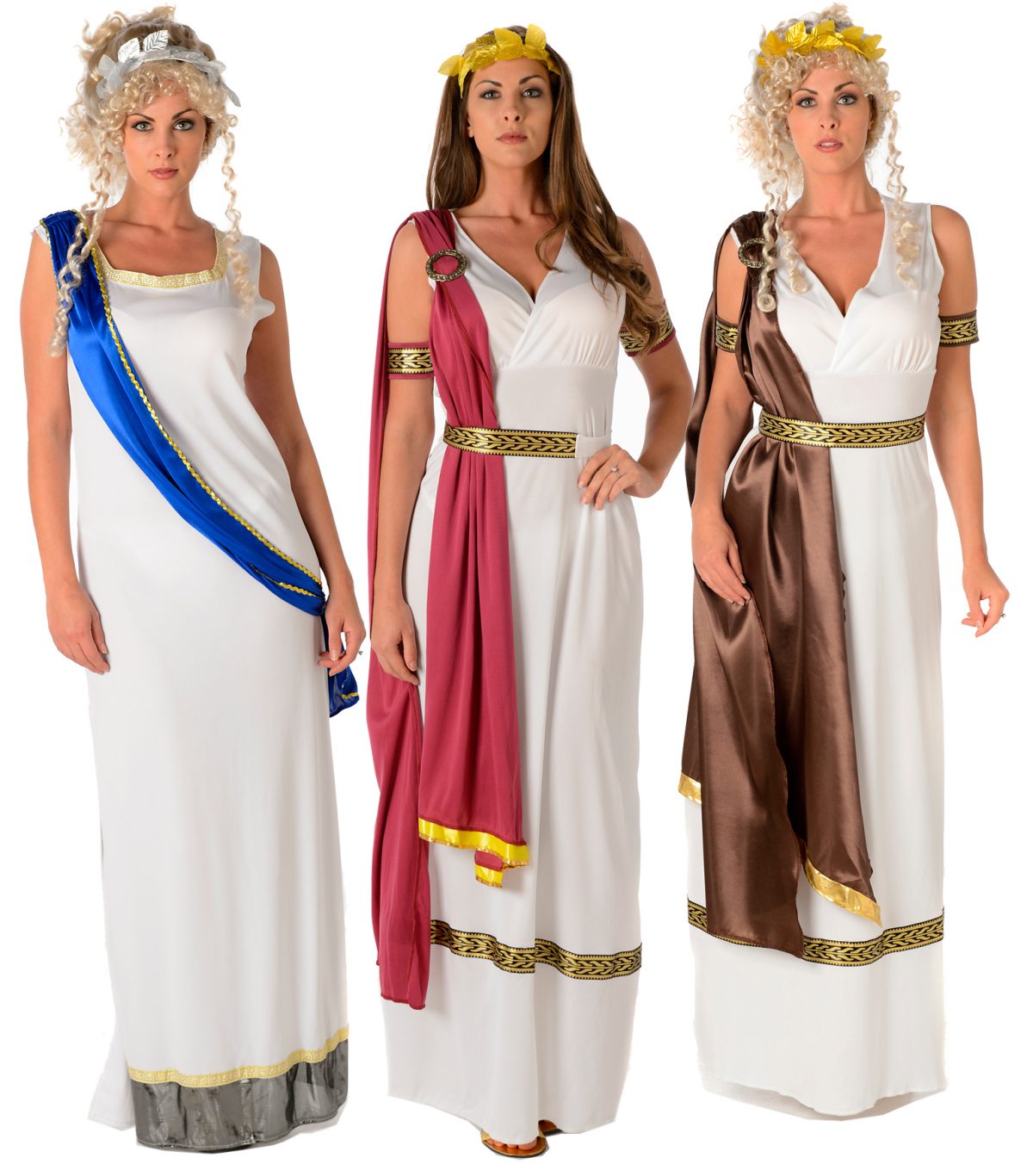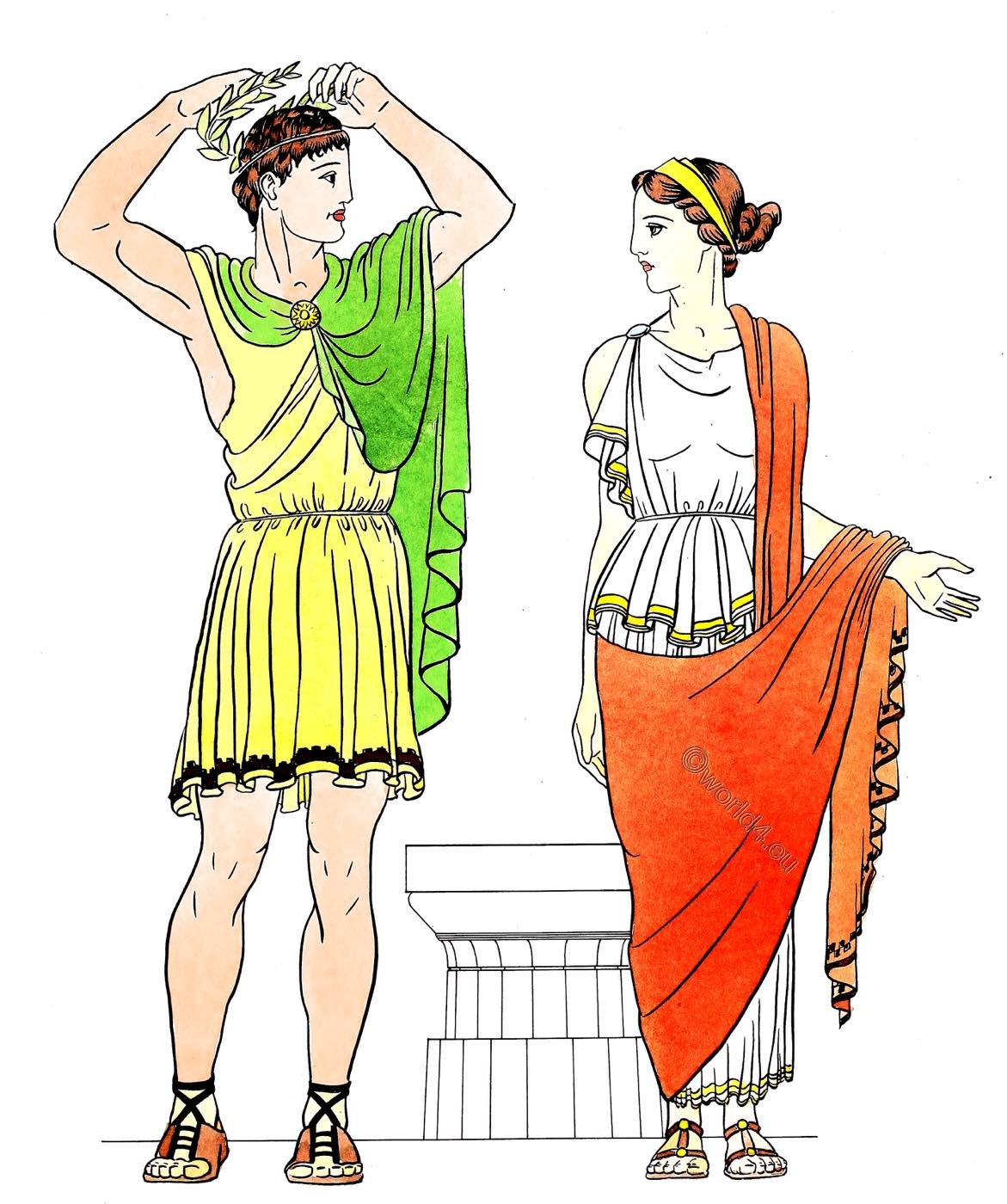Casual Info About Did Greeks Wear Long Hair No Faded Hairstyles For Men

Sorry to be a pendantic about early christian depictions of christ but that's almost correct.
Did greeks wear long hair. Women (usually) wear long hair and no beard; During the archaic period (i.e., up to about 500 bc) the male youth or kouros (grk) wore his hair long to the shoulders or even longer finely braided—an extremely. In the sixth century bc, long hair was common amongst most men across greece, not just the spartans.
What’s even more interesting is what having long hair meant in each society was different and so were the styles and ways of wearing it. Another source describes the hair. In ancient greece, men grew their hair long.
Frescoes discovered on the aegean island of thera (modern santorini, greece) portray individuals with long braided hair or long dreadlocks. Ancient japanese art has people. The ancient greeks had several gods and heroes who wore their hair long, including zeus, achilles, apollo, and poseidon.
Greek adult men would ritually cut their hair and grow a beard, but apollo, whose long hair is often described as golden, defines the ultimate appearance of an. The spartan boys always had their hair cut quite short (en chroi keirontes), but as soon as they reached the age of puberty, they let it grow long. In ancient greece, long male hair was a symbol of wealth and power, while a shaven head was appropriate for a slave.
In addition to the elaborate hairstyles, archaic greek elite men also adopted a fashion of wearing long cloaks wrapped tightly around the body, preventing the free movement of. In the early years of greek society both men and women wore their hair long, usually tied with a headband. The reason christ is often depicted in some frescos and wall paintings as having long.
If we look at ancient egypt, the people. Well the ancients of those regions (roman, greek, egyptian) certainly had curly(er) hair in their statues because those people have curly hair. To the vikings who flaunted their braids;
And if the greeks had to grow a beard by the age of 20, the romans at that age solemnly shaved. Greeks living in the area called sparta, in the central part of greece, regarded their long hair as bestowing them with special powers and strength. In ancient greece, only female slaves wore their hair short.
The hair of the ancient greeks and romans was, of course, more or less the same as that of modern mediterranean populations. This ancient practice was preserved by the spartans for many centuries. All of history's great warriors had long hair, from the greeks who wrote odes to their heroes' hair;
While long hair and a beard are signs of poverty and barbarism. For it is established fact that even before lockdown, in the earliest times, the greeks wore their hair long, which is why homer, who was blind and could thus behold. Such warriors considered it a sign of aristocracy and are said to have combed it op…
On the other hand, greeks.





